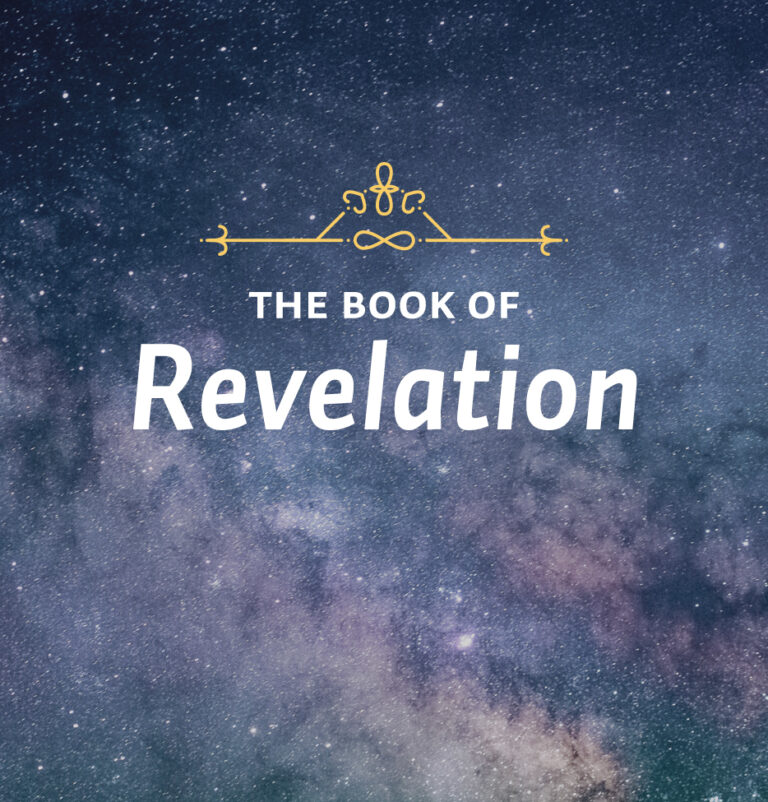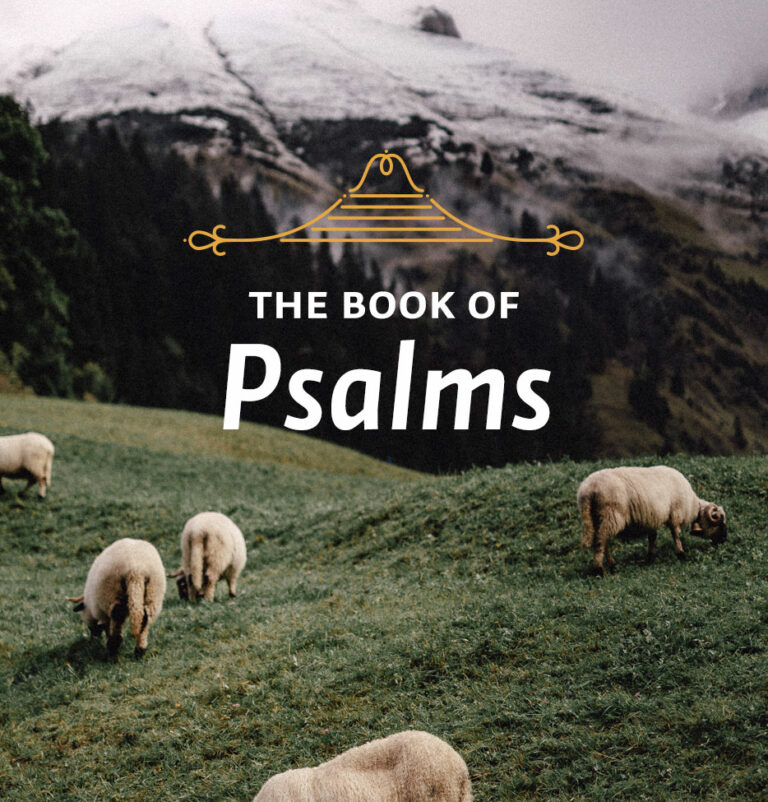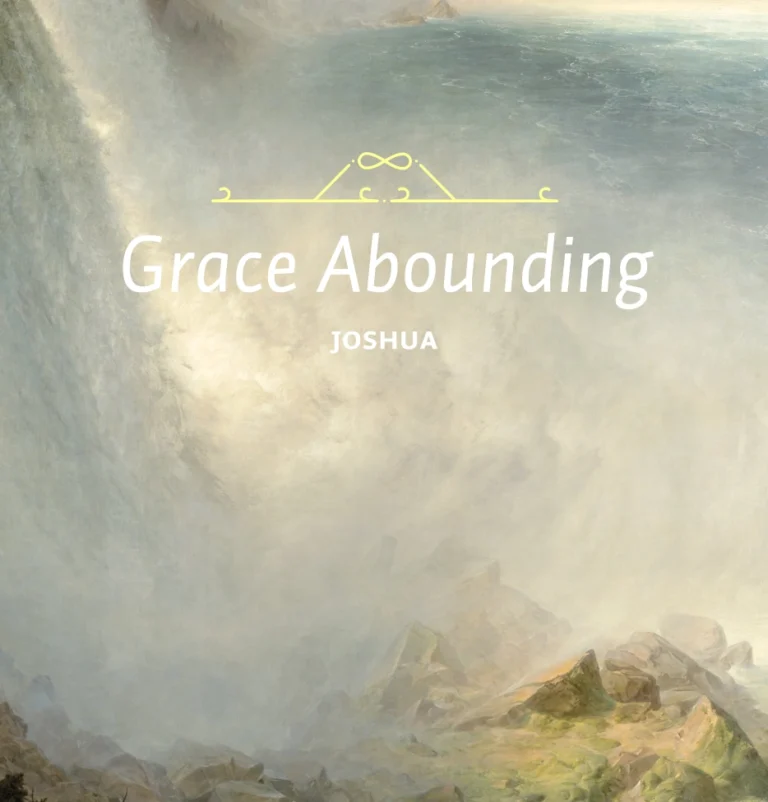
Grace Be With You All, Part 1
We have come to the end of a study of one of the most wonderful ideas in the Bible, the doctrine of God’s amazing grace. And we have come to the very last verse of the Bible, which not surprisingly is about grace also.

We have come to the end of a study of one of the most wonderful ideas in the Bible, the doctrine of God’s amazing grace. And we have come to the very last verse of the Bible, which not surprisingly is about grace also.

Theme: The Grace of the Lord Jesus Christ
This week’s lessons bring these studies on the glorious doctrine of God’s grace to a fitting conclusion, looking at the last benediction of grace in the Bible.
Scripture: Revelation 22:21
Revelation 22:21 does not contain all the elements of the more complete benedictions, but it is in line with them when it links the blessing of grace explicitly to Jesus Christ.

Theme: The Doctrines of Grace
This week’s lessons bring these studies on the glorious doctrine of God’s grace to a fitting conclusion, looking at the last benediction of grace in the Bible.
Scripture: Revelation 22:21
Yesterday we introduced the expression “doctrines of grace.” Today we want to briefly describe each one.
Total depravity.

Theme: Amen and Amen
This week’s lessons bring these studies on the glorious doctrine of God’s grace to a fitting conclusion, looking at the last benediction of grace in the Bible.
Scripture: Revelation 22:21
So we come to the end, to the very last word of the very last verse of the very last book of the Bible.

Theme: Praise to God
In this week’s lessons we consider different reasons for which David offers thanksgiving as he reflects on God’s grace and faithfulness towards him.
Scripture: Psalm 18:1-24
Yesterday we mentioned the first category of David’s deliverances, when he was hiding from King Saul in the wilderness.

Theme: The Historical Setting
In this week’s lessons we consider different reasons for which David offers thanksgiving as he reflects on God’s grace and faithfulness towards him.
Scripture: Psalm 18:1-24
Psalm 18 is the first long psalm in the Psalter. There are others, of course. Psalm 119 is known for being long; it is the longest chapter in the Bible. But Psalm 18, with fifty verses, is the longest thus far. I will be taking it in two parts, a pattern I will follow more than once from this point forward.

Theme: The Psalmist’s Deliverance
In this week’s lessons we consider different reasons for which David offers thanksgiving as he reflects on God’s grace and faithfulness towards him.
Scripture: Psalm 18:1-24
Yesterday we looked at the first use of the image of a rock, which was that of providing protection and shade.

Theme: Why God Delivered David
In this week’s lessons we consider different reasons for which David offers thanksgiving as he reflects on God’s grace and faithfulness towards him.
Scripture: Psalm 18:1-24
Yesterday we introduced the section of verses 4-19, and pointed out that in verses 4-6 David is recalling former dangers he faced from his enemies. He uses powerful poetic language to describe how God’s presence is revealed to those who cry out to him for help.

Theme: Their Rock and Our Rock
In this week’s lessons we consider different reasons for which David offers thanksgiving as he reflects on God’s grace and faithfulness towards him.
Scripture: Psalm 18:1-24

Theme: God’s Power Shown
In this week’s lessons we focus on the gracious power of God seen in the wonders of creation and in the bounty of his provision.
Scripture: Psalm 65:1-13

Theme: A Great Praise Psalm
In this week’s lessons, we learn that God’s grace has been shown to all, supremely in the Lord Jesus Christ, who out of his rejection became the capstone for all who come to him in faith.
Scripture: Psalm 118:1-26

Theme: Recalling God’s Grace
In this week’s lessons, we learn that God’s grace has been shown to all, supremely in the Lord Jesus Christ, who out of his rejection became the capstone for all who come to him in faith.
Scripture: Psalm 118:1-26

Theme: The Psalm’s Use in the New Testament
In this week’s lessons, we learn that God’s grace has been shown to all, supremely in the Lord Jesus Christ, who out of his rejection became the capstone for all who come to him in faith.
Scripture: Psalm 118:1-26
As we discussed in yesterday’s study, while this psalm is not strictly Messianic, key verses of this psalm are used in the New Testament about Jesus. And it is in this sense that the psalm is Messianic.

Theme: Jesus the Rejected Capstone
In this week’s lessons, we learn that God’s grace has been shown to all, supremely in the Lord Jesus Christ, who out of his rejection became the capstone for all who come to him in faith.
Scripture: Psalm 118:1-26

Theme: Building on Christ
In this week’s lessons, we learn that God’s grace has been shown to all, supremely in the Lord Jesus Christ, who out of his rejection became the capstone for all who come to him in faith.
Scripture: Psalm 118:1-26

There are several reasons why you or I might be unable to describe a Christmas gift. We might be overcome with emotion so that “words fail us,” as we say. Or we might be unable to identify the gift. We might open it (as my father opened a gift on one occasion) and say, “It’s beautiful, just what I always wanted. Uh—what is it?” Or we might care so little for a gift that we might not even bother to describe it. What can possibly make a gift indescribable? Since all human presents are describable, it is clear that the only thing that can make a gift indescribable is that it is more than human.

Why is the gift of God beyond description? There are several reasons and the first is the nature of the gift itself. The gift is Christ. So, in order fully to describe this gift we must be able fully to describe who Jesus is and what He has done for our salvation, which we cannot do.

It is not only the gift but also the gracious manner in which it is given that exceeds our powers of description. Reason falters, logic fails, oratory stammers when confounded by this mystery.

There is a third reason why the gift of God is indescribable. We have seen that the gift itself is indescribable. We have seen that the grace by which it is given is indescribable. God’s gift is also indescribable for the effects it produces. This is unmeasurable by human beings.

Seventh, we have a home in heaven prepared for us by Christ. Just before His crucifixion Jesus said to His disciples, “Do not let your hearts be troubled. Trust in God; trust also in me. In my Father’s house are many rooms; if it were not so, I would have told you. I am going there to prepare a place for you. And if I go and prepare a place for you, I will come back and take you to be with me that you also may be where I am” (John 14:1-3).

We’re drawing quite near the end of our study of this great Old Testament book. It’s an appropriate time to look back over it a bit in terms of the outline and see how far we have come and how we have yet to go. Joshua falls into four main parts.

Now, we stand at the very end of the third portion, after all the land has been divided up among the tribes. In addition, in chapters 20 and 21 we find a portion that deals with the establishing of certain special cities. There were 48 cities throughout Israel that were given to the priests, who came from the tribe of Levi. One category of these cities, the cities of refuge, we looked at last week. There were six of these cities, strategically spread out around the country, to which a person who had unintentionally killed another person could flee for refuge lest the avenger of blood should overtake him in accordance with the customs of that period.

Now in chapter 21, we find out more about these Levitical cities. Six of the 48 cities were for refuge; but there were still the other 42 cities that were scattered all throughout the land. Joshua 21 spells it out in great detail city by city, telling us exactly where these cities of the Levites were. This involves a very interesting story. To understand why the cities of the Levites were so important and why they were such a blessing, not only to the people but to the Levites themselves, you have to go back to Genesis 34.

At the end of Genesis, in chapter 49, Jacob gives a great prophecy that concerns the future of each of his sons and the people who should come from them. And when he gets to Simeon and Levi, it is this incident from Genesis 34 that he remembers. Here are his words: “Simeon and Levi are brothers—their swords are weapons of violence. Let me not enter their council, let me not join their assembly, for they have killed men in their anger and hamstrung oxen as they pleased. Cursed be their anger, so fierce, and their fury, so cruel” (vv. 5-7a). You see, even all those many years after that event, the horror of it still stuck in Jacob’s mind. And then he pronounced this prophecy: “I will scatter them in Jacob and disperse them in Israel” (v. 7b).

Canadian Committee of The Bible Study Hour
PO Box 24087, RPO Josephine
North Bay, ON, P1B 0C7